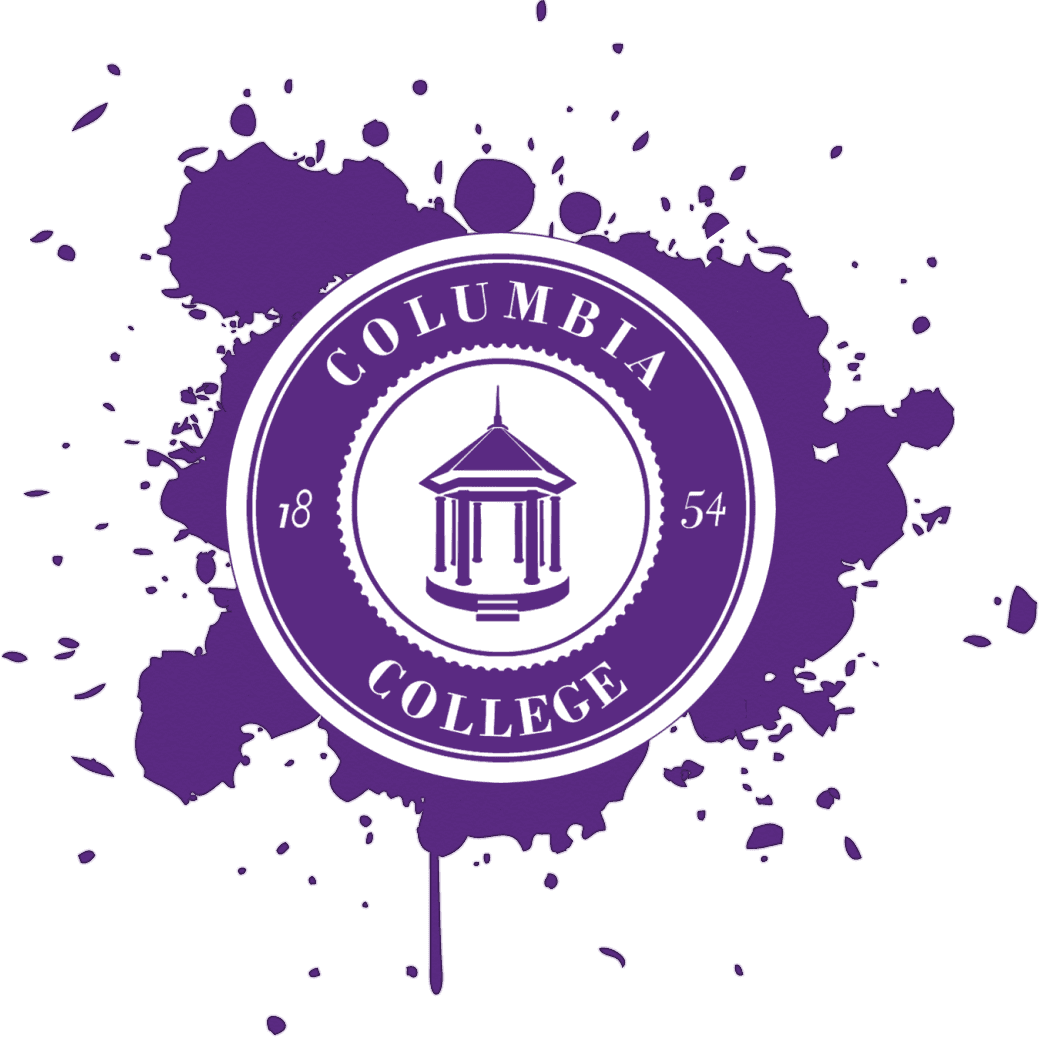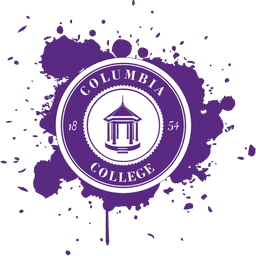
Columbia College
About
Columbia College was founded in 1854 as Columbia Female College by the Methodist Conference of South Carolina. The College, located on Plain Street, now Hampton, in Columbia, SC, opened to students in October 1859.
In 1865 during the height of the Civil War, the College closed as General Sherman’s troops approached Columbia but reopened in 1873. In 1904, the College dropped “Female” from its name and moved to Eau Claire after benefactors Frederick H. Hyatt and Col. John T. Sloan donated land.
In 1964, the campus survived a fire that destroyed the Old Main classroom building and the East Wing Dormitory. What remained of the columns became a symbol for the College and has since been incorporated into the logo.
Columbia College, a private institution, continues to serve as an institution for higher education with approximately 1,200 male and female students in both undergraduate and graduate courses.

Programs
20 months
Program Duration
In-person, Online, Hybrid
Program Format
Pre-Test Required
No
Relevant Links
Program Info
Upcoming Deadlines
Deadlines
Program Start
Jan. 15, 2027
SpringFeb. 15, 2027
Spring
Get Deadline Reminders
Application Fee & Annual Tuition
Learn how to get$100 Back
and apply for a$1000 Scholarship
$17,800
In State Tuition
$0
Application Fee
Ways to Lower Your Costs
Students at Columbia College have reduced the cost of their program using these methods. Check with Columbia College to see if you can, too!
Up to $2,000
Grants, Stipends, Scholarships
Columbia College offers scholarships to students who demonstrate need and meet certain eligibility criteria.
In addition, the APEC Center offers scholarships to help aspiring teachers achieve their goals, make a difference through service or break barriers with their unique backgrounds.
Work Study, Working While Still Enrolled
APEC Fellows will maintain employment as instructional assistants throughout their first year of the program, where they will receive a district-specific salary and benefits.
For more information visit:Financial Aid Office
Certifications
Early Childhood Education Pre-K-3
Elementary Education 2-6
English Language Arts 9-12
Middle Language Arts 5-8
Middle Math 5-8
Middle Science 5-8
Middle Social Studies 5-8
Social Studies 9-12
Special Education / Multi-categorical Pre-K-12
Stats
Male
Female
7%
93%
American Indian or Alaskan Native
Asian
Black
Hispanic/Latino
Native Hawaiian/Other Pacific Islander
White
Two or more races
0%
4%
49%
2%
0%
46%
0%

